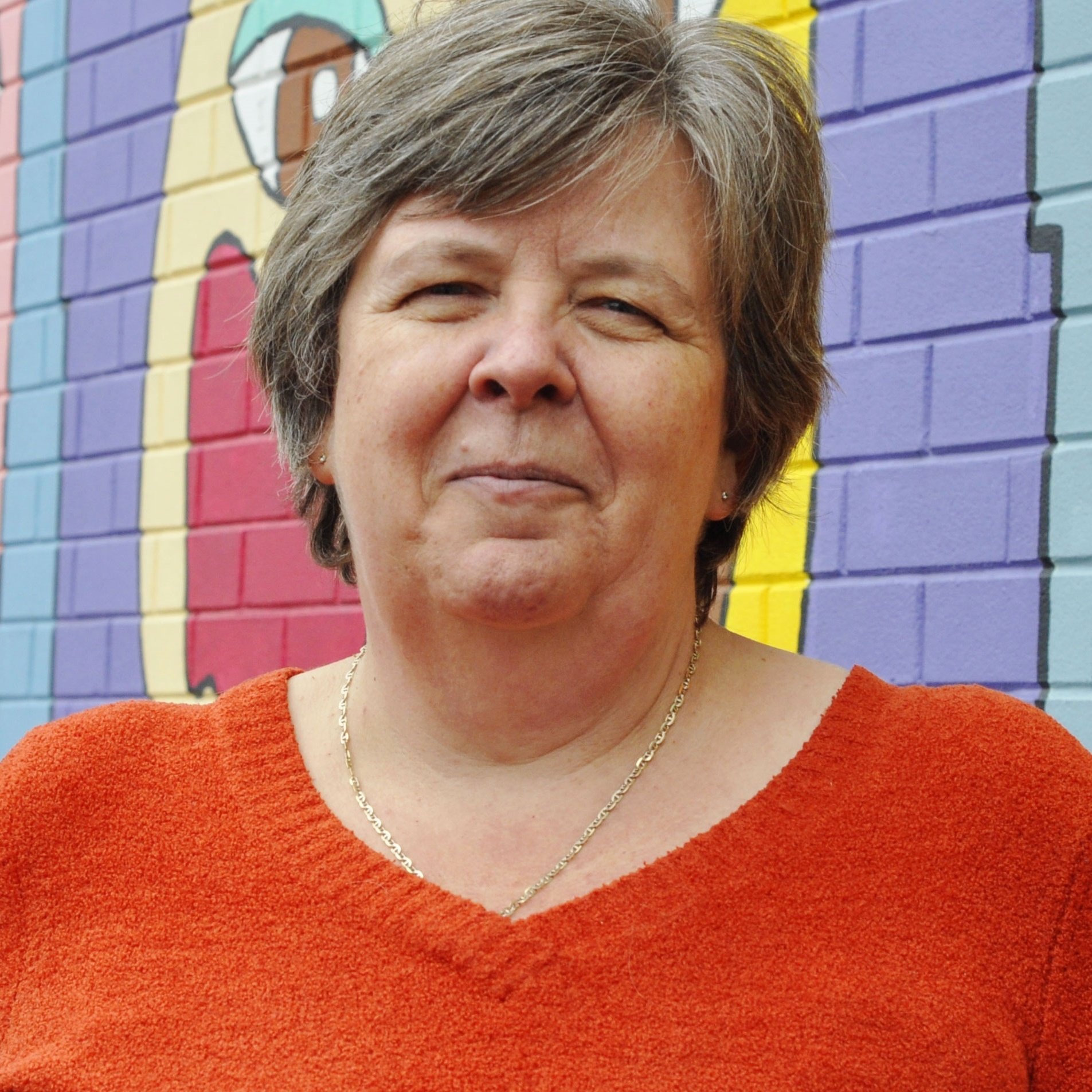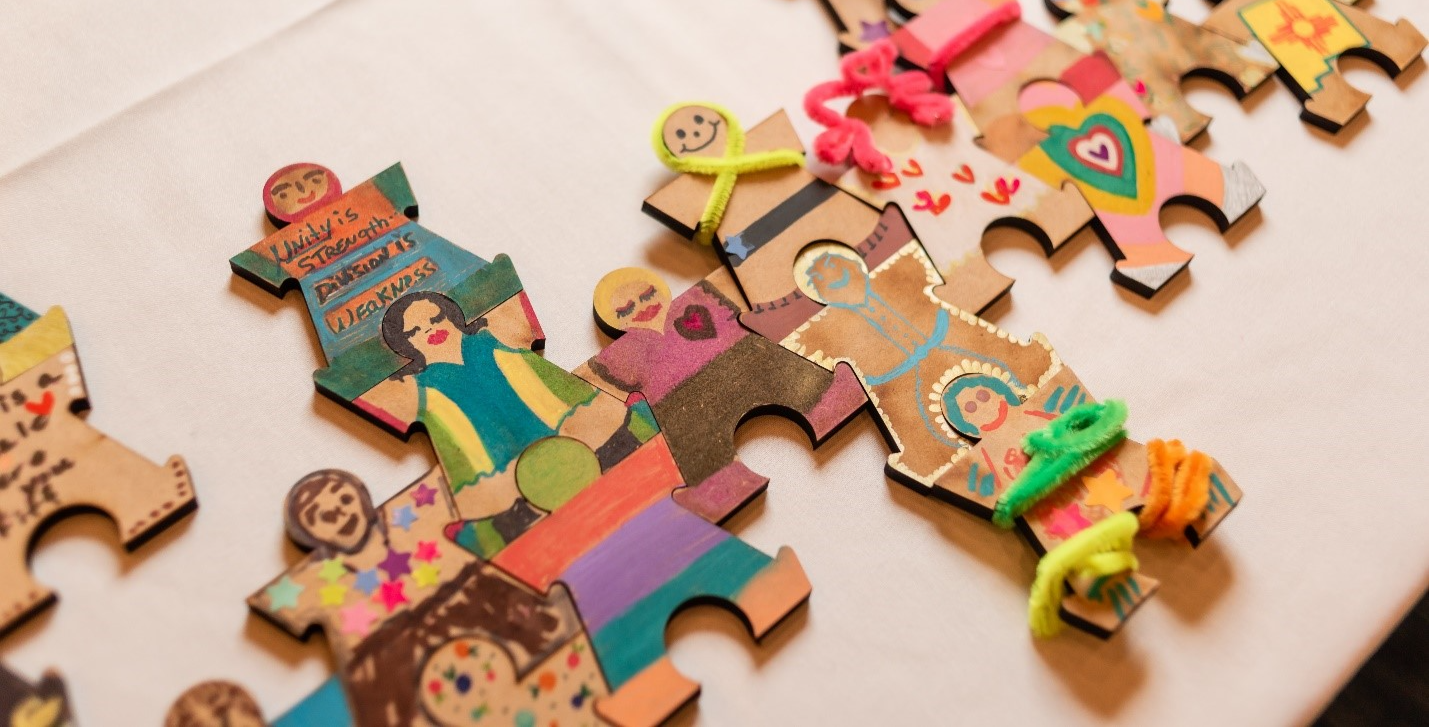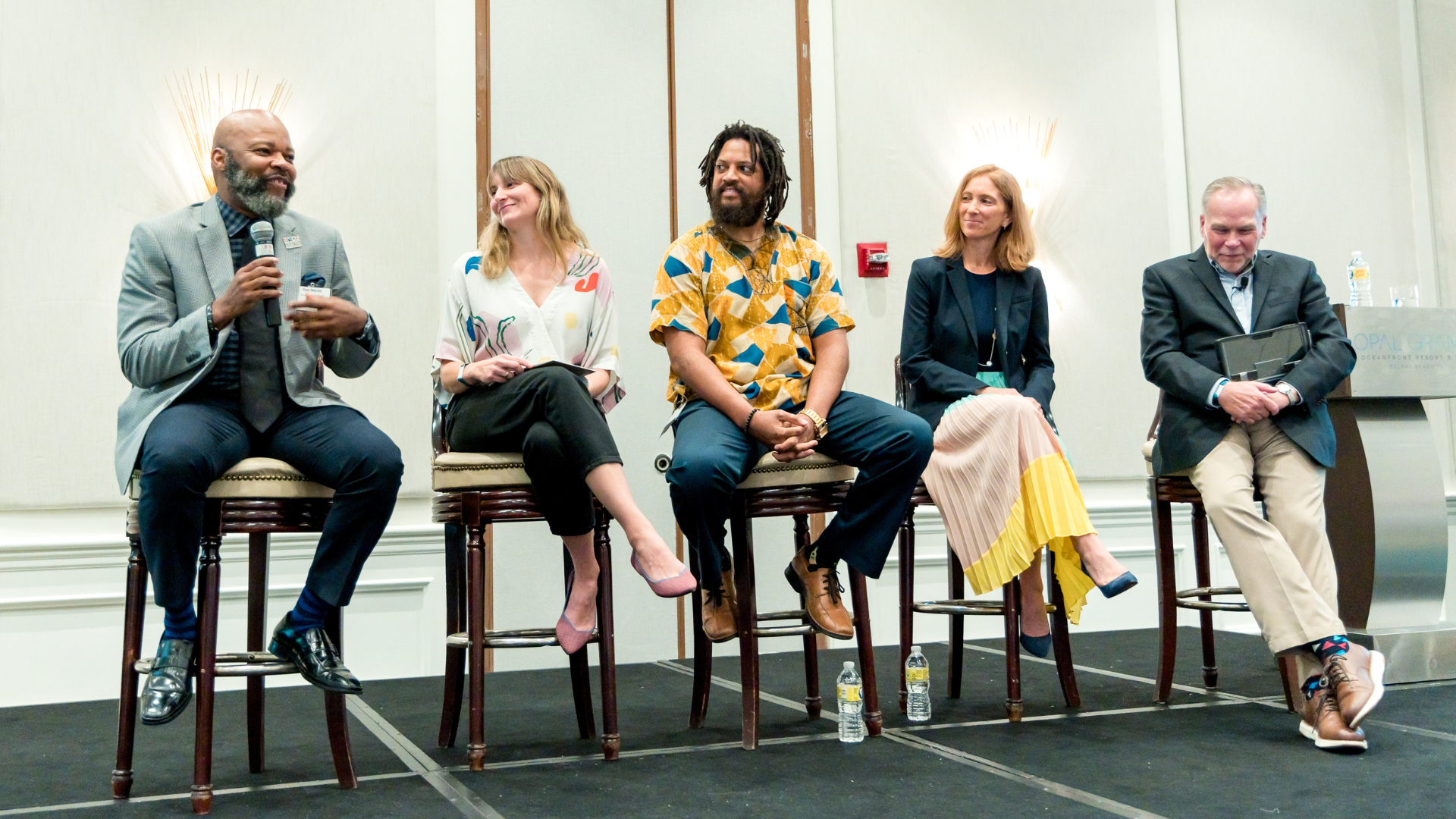My colleague and mentor Jay Connor often pushes me with this question. On the surface, it seems like an easy question to answer. We are doing this to improve the lives of people in our communities who are being impacted in negative ways. That answer pulls at heart strings. It gets lots of heads nodding in agreement. But it is also a vague response and one that does not hold us to account.
The response also identifies that we are not really in touch with a deep understanding of the 'who.' In collective impact work, one of the first steps is to deeply understand how the issue we are concerned with is impacting citizens in our community. This understanding comes in two ways and includes both demographic data and personal stories. Demographic data helps you understand who is being impact and to some degree the segmentation or density of the impact – is it episodic or is it generational; does this experience occur across the community or in specific neighbourhoods; are certain parts of the population more marginalized because of their experience, skin colour or age? Personal stories are also really important in understanding 'the who.' Demographic data can take you so far, personal stories make the data come alive and give it colour and context.
So defining the 'who' is important, but is that where this question ends? Well, not really. Sometime the answer to ‘just who are we doing this for’ is more complicated than that. If we were to hold up a mirror to ourselves, is the 'who we are doing this for' really ourselves? This is where Jay Connor comes in: Are we doing this to maintain our own positions, our expertise, and our leadership potential?
In some ways, these two responses are interwoven. Yes, we are doing this for the citizens of our community who are facing challenges, but we are also doing this for ourselves. It is okay, in fact important, to acknowledge both responses. Jay Connor may not agree with my next observation, but we can, through acknowledging both responses, use the best of ourselves to achieve true change.
The challenge that we face however, is when we become more important than the cause.
So, pause and reflect. Just who are we doing this for? And then choose a path forward that leads to deep and durable change.






